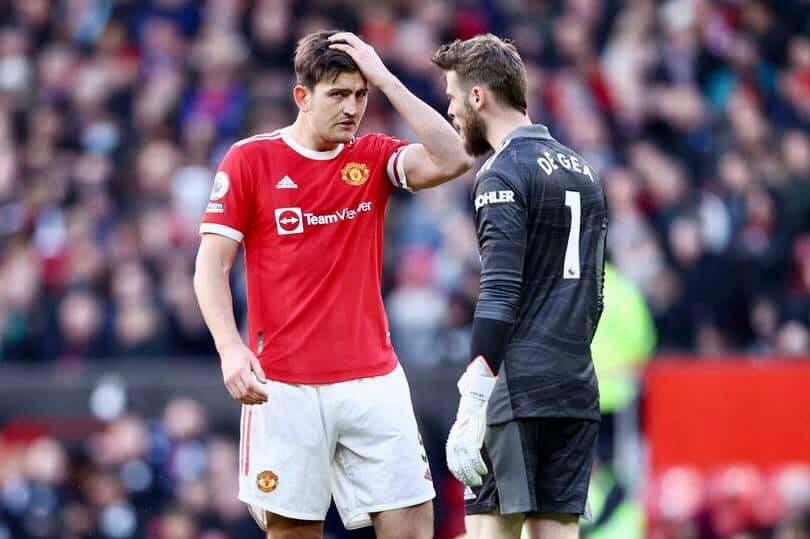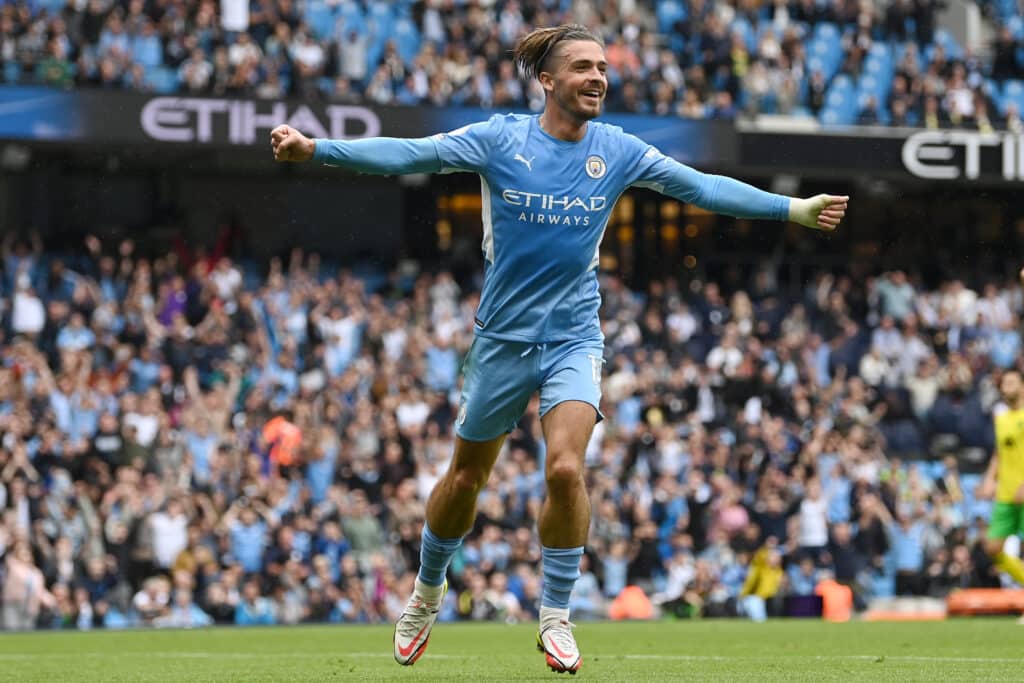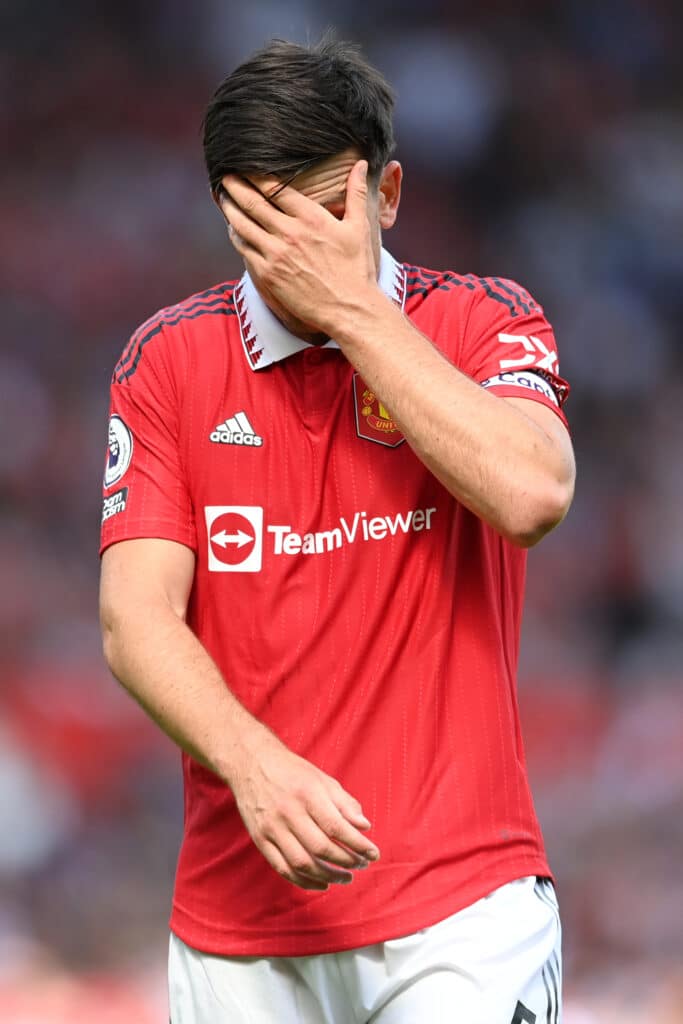
In the 1980s, three economists conducted an experiment in which participants were given a mug and then offered the chance to sell or trade it for an equally valued alternative. They found that the amount participants required as compensation for the mug once their ownership of the mug had been established was approximately twice as high as the amount they were willing to pay to acquire the mug. This is known as the endowment effect. You may be wondering, entirely understandably, what does this have to do with football? Well, the same applies to Premier League teams and the players they own.

To understand the endowment effect in the context of football, it is important to appreciate the escalation of commitment. This is a human behaviour pattern in which an individual or group facing increasingly negative outcomes from a decision, action, or investment nevertheless continues the behaviour instead of altering course. With regard to their own players, especially those with a significant transfer fee, teams can become myopic and fail to see alternative options, negatively affecting their team due to refusal to accept losses.
The endowment effect exists in several ways. If a club spends a large sum of money to sign a player, they may become more attached to that player and overvalue their worth. Between 2006/07 and 2016/17, amongst strikers of roughly the same quality, more expensive forwards played 14.8% more minutes than lesser-priced strikers, equating to roughly five games more every season. Now I’m no Billy Beane but this seems to suggest that teams are falling victim to the endowment effect when it comes to valuing players, leading to clubs overplaying the more expensive striker at the expense of other, potentially more effective, players.
Let’s take the example of Harry Maguire. We didn’t want to jump on the ‘Criticise Maguire’ bandwagon, but he does provide a compelling example here. In August of 2019, Manchester United forked out a cool £80 million to sign Leicester’s defender. Excluding a couple of spells at the start of his first two seasons, the 6ft3 Yorkshireman’s performances have been subpar, to say the least. Yet United have persisted with him. Not only in the squad but in the starting 11 and even as the captain. The aforementioned escalation of commitment certainly came into play and it damaged United. It took until new manager Erik ten Hag arrived for his place to be threatened at all. In fact, freshly appointed managers have far less of a correlation with higher transfer fee players, probably due to the need to immediately alter the team’s shape, personnel and line-up.

In theory, managers should play their most effective players regardless of their fee. However, with high-fee players, even when performances are poor, the manager and directors often need to not feel like money was wasted on him, in addition to pressure from fans to play the team stars (i.e. high-cost players). Hence, those players may get more playing time even after factoring in their performance.
It occurs for fans as well, they can become emotionally attached to players, just because they play for their favorite teams. This leads fans to overvalue the players on their respective teams, leading to them being disappointed or upset when a player is sold or transferred, even if it is in the best interest of the club.
Understanding and managing the endowment effect is an important aspect of success in football, and we should be aware of its potential influence.



